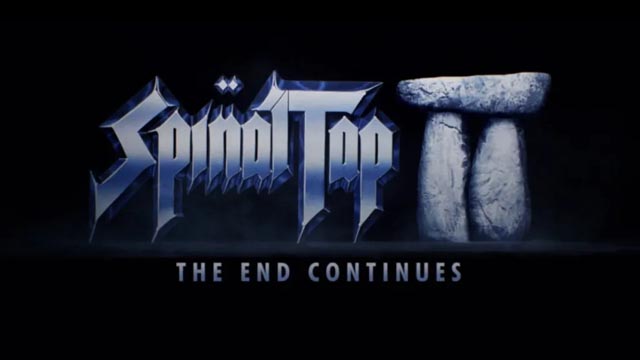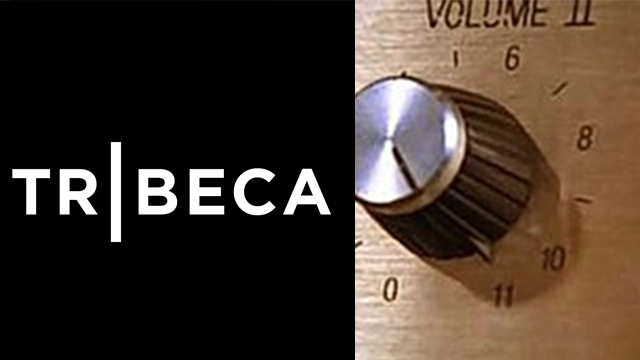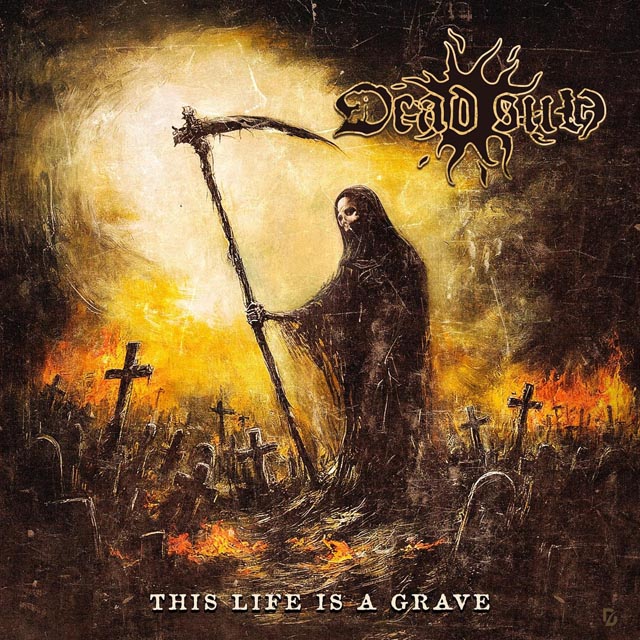
Last year, Harry Shearer filed a lawsuit against Vivendi Universal about This is Spinal Tap, a classic 1984 film that started the mockumentary genre that’s continued on to this day. And while there have been plenty of lawsuits against movie studios or record labels, the lawsuit alleged that Shearer and co-creators Christopher Guest and Michael McKean made only $81 in merchandising income in between 1984 and 2006, and soundtrack sales only netted them $98 in between 1989 and 2006. That’s preposterous, and the website Shearer set up fairnessrocks.com, laid out his reasoning, stating that they’d been denied as much as $400 million from Vivendi and StudiooCanalLast month, Guest, Mckean and the film’s director Rob Reiner joined in on the lawsuit.
Yesterday, Vivendi responded to the suit stating that Shearer and plaintiffs never asked for an audit, and are seeking dismissal of the entire lawsuit. The Hollywood Reporter calls the motion to dismiss “scathing,” and we’d agree:
“Plaintiffs never requested, much less conducted, any audit. Thus, they lack the information they would need to assert that Studiocanal rendered erroneous or improper Spinal Tap participation statements, if that had happened. However, it did not. Had plaintiffs investigated their lawsuit before filing it — a duty that at least the plaintiffs’ lawyers bear under Rule 11 of the Federal Rules of Civil Procedure — they would have learned that they have no basis on which to assert any claims concerning the calculation and payment of the Spinal Tap participation. That is because Studiocanal has accounted and paid STP’s participation in accordance with the Agreement.”
“Plaintiffs may not like the fact that they have not received anything close to the $400 million in contingent compensation that their complaint absurdly claims they should have received,” continues the motion. “But that is only because the movie they made has not generated anywhere near the revenue necessary to pay them anything close to that sum. As a reality check on this lawsuit, even though Spinal Tap has garnered affection in the United States, it has generated U.S. theatrical revenue of under $5 million. Revenue from other sources and territories has been similarly modest.”
While the movie wasn’t particularly profitable upon it’s release, it’s become a cult classic and probably has made millions in VHS, DVD and Blu-ray sales, not to mention the soundtrack. Spinal Tap’s lawsuit also asks for This is Spinal Tap to revert back to it’s creators under a Copyright Act provision that terminates licenses after 35 years, stating that some of the material and characters in the film were created as far back as 1978. This is getting ugly and it’s probably going to get uglier.











